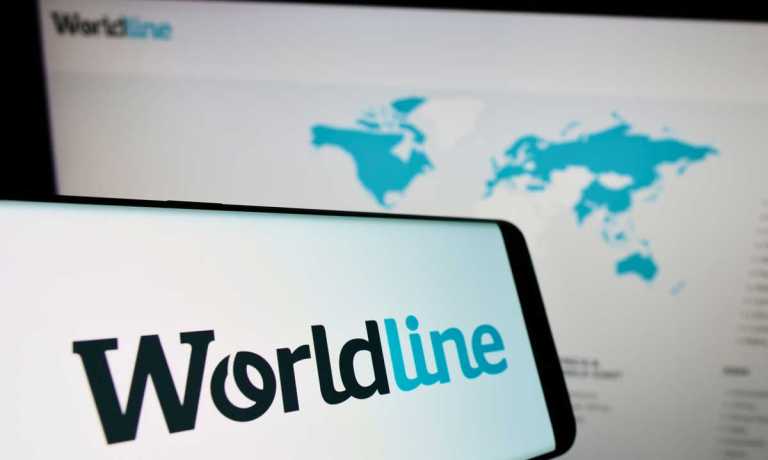Worldline Wants Customers to ‘Be Their Own Travel Agent’

Payments services company Worldline has launched a partnership with travel website travelplanbooker.com.
“At its core, this new partnership empowers today’s traveler to be their own travel agent, planning and tailoring their trips to their own personal desires and budget,” Worldline said in a news release Monday (June 5).
The three-year partnership will combine travelplanbooker.com’s interactive travel platform and Worldline’s acquiring solution and payment services for an easier booking experience, according to the release. Travelers enter data and payment details once through Worldline’s solution as they search for and plot out their itineraries.
“We want our customers to be able to enjoy the exciting phase of building their perfect itinerary all through to the end: plan, search, book and pay all-in-one with their preferred payment method,” Ruedi Hess, travelplanbooker.com’s founder and president, said in the release.
He added that Worldline lets his company “give travelers a stress-free and simple experience, so they can focus on what truly matters: easy travel booking, with time and money saved.”
PYMNTS research found that consumers still consider travel essential even as they seek out deals. Between the first quarter of 2022 and Q1 2023, two categories related to travel activities saw the highest increases in digital engagement. Online travel information was up 11%, and online airfare was up 14%.
Meanwhile, Ivan Guerrero, Worldline’s director of Airlines and Travel EMEA – Digital Commerce Division, told PYMNTS last month that as international travel continues its rebound, merchants can make the most of that momentum by offering efficient and localized cross-border payments.
This is “very important when we talk about an industry such as the airline and travel industry, which is global by essence but very local if you want to reach the consumers in their own language, in their own currency, in their own country,” as they browse and book travel, he said.
Guerrero pointed to preferred local payment methods as the key consideration, noting the historical and cultural aspects that make localization a potent conversion tool.
Also important, he said, is optimizing currency conversion.
“If I am in Thailand, if I’m a Thai consumer, I want to ensure that I can pay in my own currency,” he said. “That gives me comfort, that gives me security, and that makes it … easier for me to click on that buy button.”